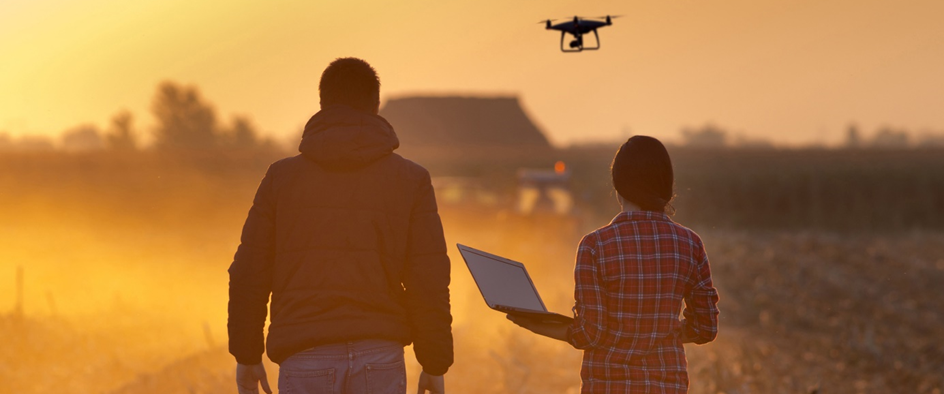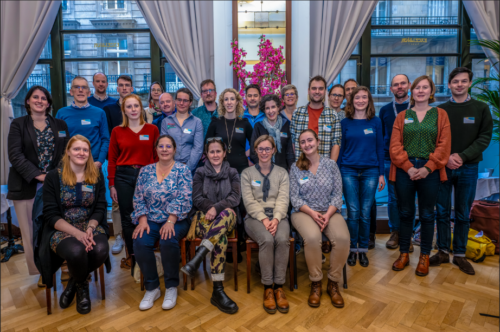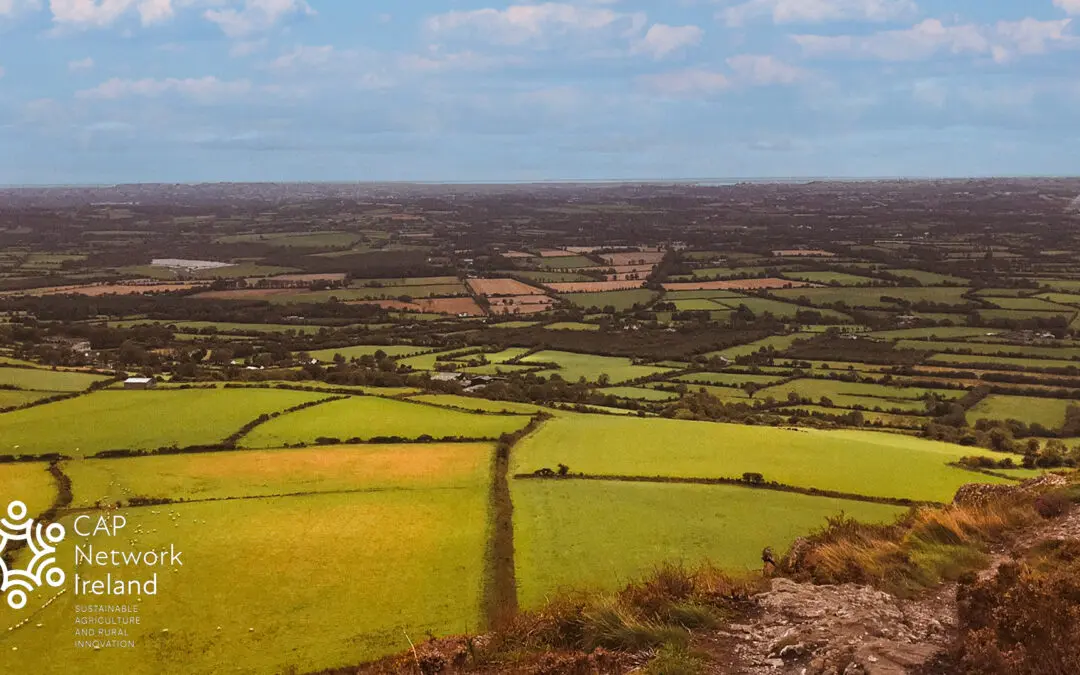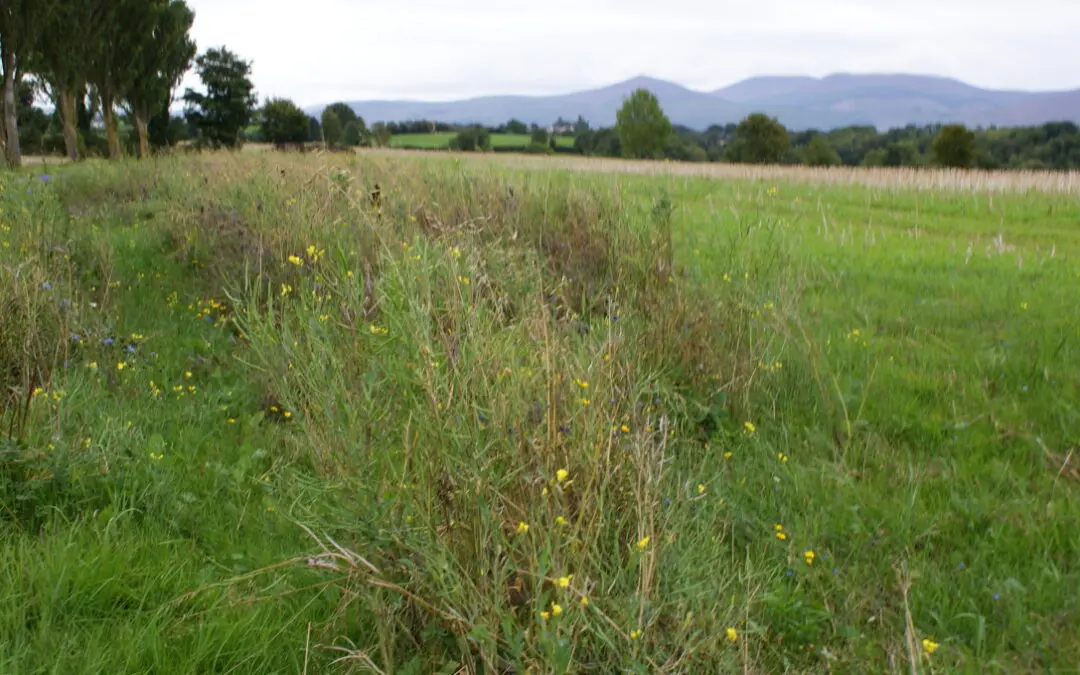Munster Technological University (MTU) and ten European partners are launching a participatory research project based on the expertise of farmers and involving players and stakeholders in Ireland and other EU countries. Called SIMONE, the project is designed to propose agroecological innovations adapted to the objectives of each country. Innovations, such as the use of drones to monitor weeds and crop establishment, will be tested on the farm, at cropping system scale, after prior consultation with the local stakeholders. The four-year project led by ARVALIS in France will be deployed in various countries in the North-West Europe. “With an ever-changing farming sector, new resilient and innovative farming practices are important to meet the challenges of today and tomorrow. But this must be coupled with real life field expertise and hands-on experience of the farming sector. We look forward to working with the farming community in Ireland” explains Dr. Niamh Power, SIMONE project leader for MTU. What makes this project so unique is its field-based approach: the deployment of agroecological practices must involve the farming sector and on-farm experimentation makes the project more relevant. SIMONE is driven by a set of ambitious objectives: · Develop on-farm innovative solutions, e.g. use of drones or remote sensing under three themes of crop establishment, weed management and crop nutrition. · Test and deliver multi-performance solutions that work well in real farming situations. · Provide easy-to-use tools and methods for farmers to improve their technical, environmental, and economic performance.
Innovative, multi-actor approach
SIMONE is a European cross-border research project serving farmers, local players, and researchers. It aims to offer farmers operational innovations adapted to country or farming system, combining economic, environmental, social, and societal performance. To achieve this objective, an innovative methodology is being used. It consists of creating seven cross-border networks (living labs) of agricultural actors, whose mission will be to collectively initiate an agroecological transition that responds to the specific challenges within the sector. Combinations of innovative systemic measures will then be identified and tested directly on the farm to encourage their adoption by farmers. Innovative practices validated and evaluated in this way will be widely shared with farmers, industry players, public authorities. The SIMONE project targets three areas of systemic innovation: · Weed management in the context of reducing the use of phytosanitary products; · Plant nutrition in relation to soil fertility, and · Crop establishment in a context of climate change.
Project impact
SIMONE aims to kick-start the agroecological transition in the North-West Europe region, addressing critical challenges faced by farmers. By co-developing and testing innovative solutions on farms, SIMONE strives to create a lasting impact on agricultural sustainability and resilience.
About SIMONE Launched in Nancy in February 2024 for a four-year period, the project has a budget of 5.4 million euros as part of the European territorial cooperation program Interreg North-West Europe (NWE). ARVALIS is leading the project with ten partners from six other countries: Munster Technological University (Ireland), Agroscope (Switzerland), Inagro (Belgium), Hiphen (France), Décompactés de l’ABC (France), CRA-W (Walloon Agricultural Research Centre, Belgium), VIVES University of applied sciences (Belgium), Van Den Borne Aardappelen (Netherlands), Stichting Proefboerderijen Noordelijke Akkerbouw / SPNA (Netherlands) and Bionales (Germany). Four organizations are also associated with the project: INRAE (France), Irish Co-operative Organisation Society (Ireland), Provincie Fryslan (Netherlands) and Gustave Eiffel University (France). More information: – Contact person: Dr. Niamh Power (niamh.power@mtu.ie) – Project Website: simone.nweurope.eu SIMONE is a project funded by Interreg North-West Europe, in collaboration with:
To learn more about innovations in Irish agriculture, visit our Innovation Hub here.






